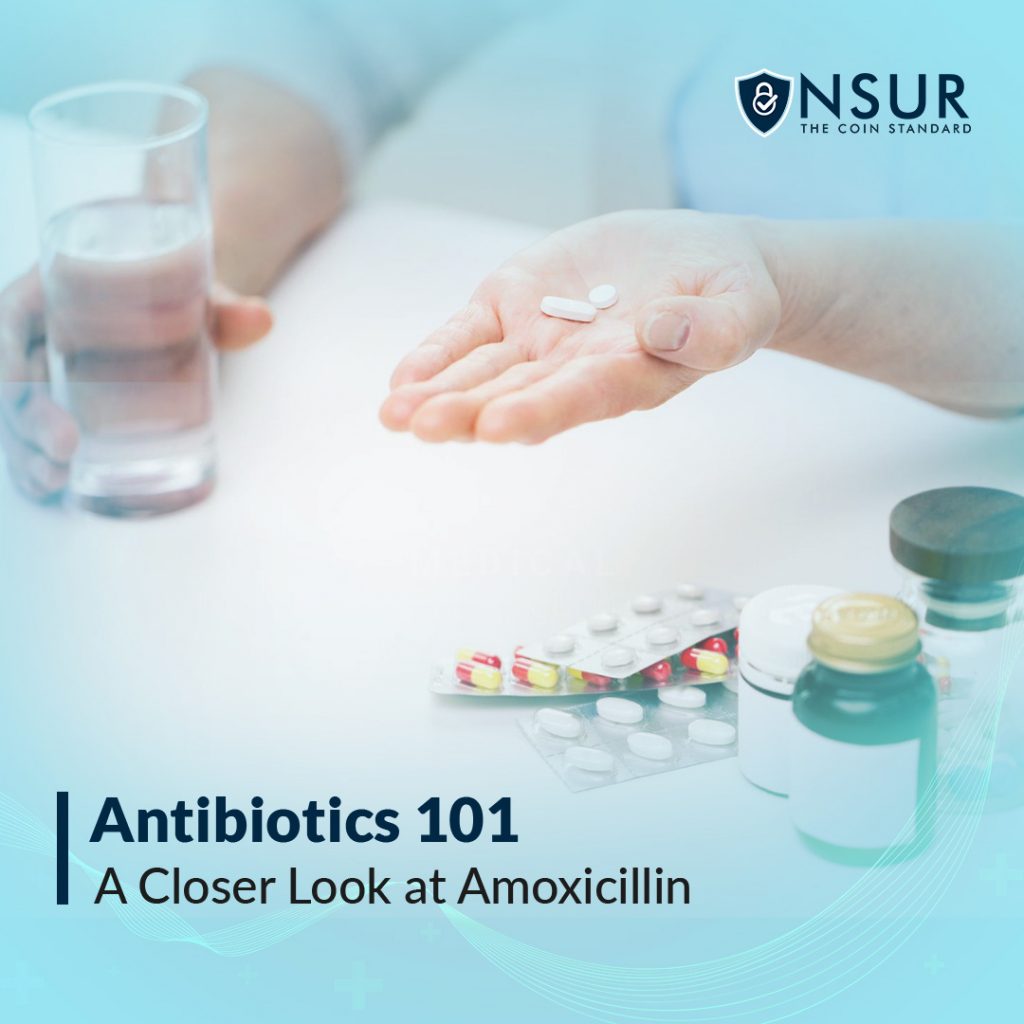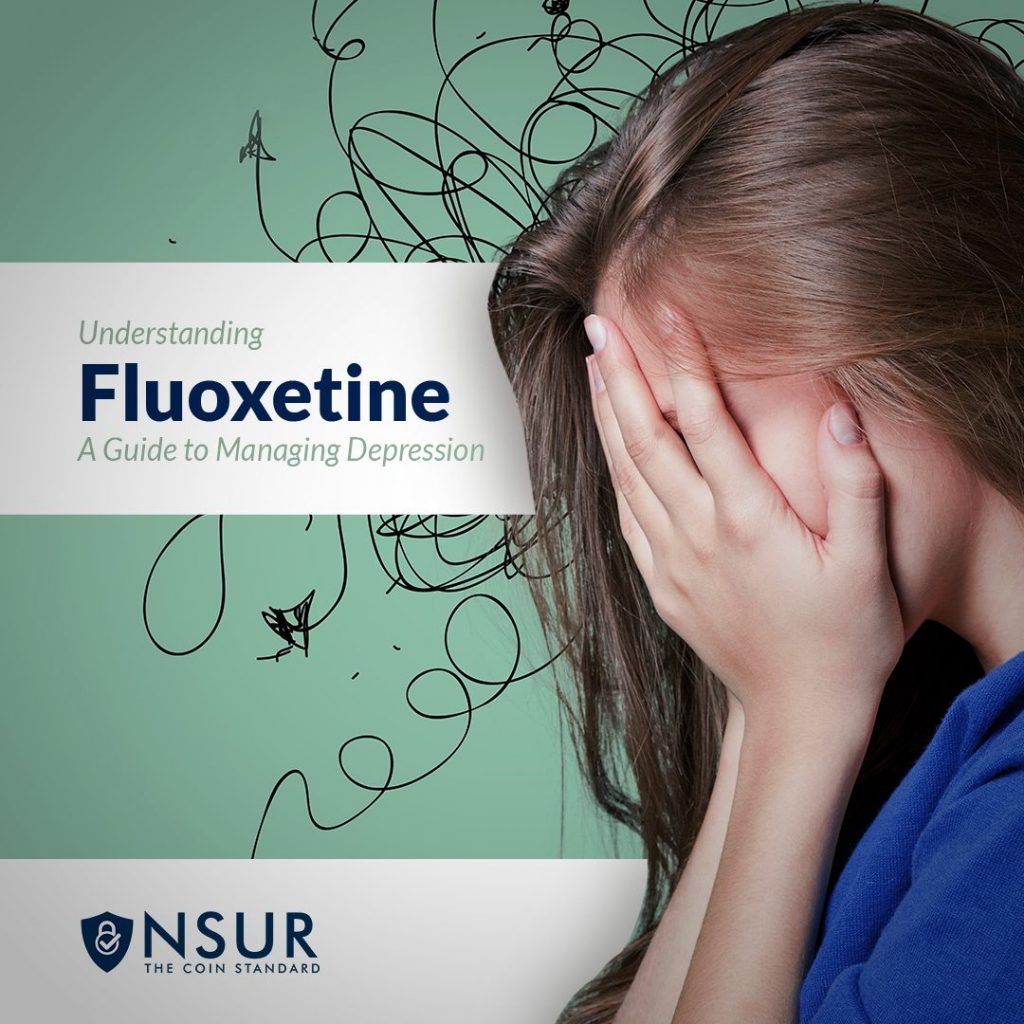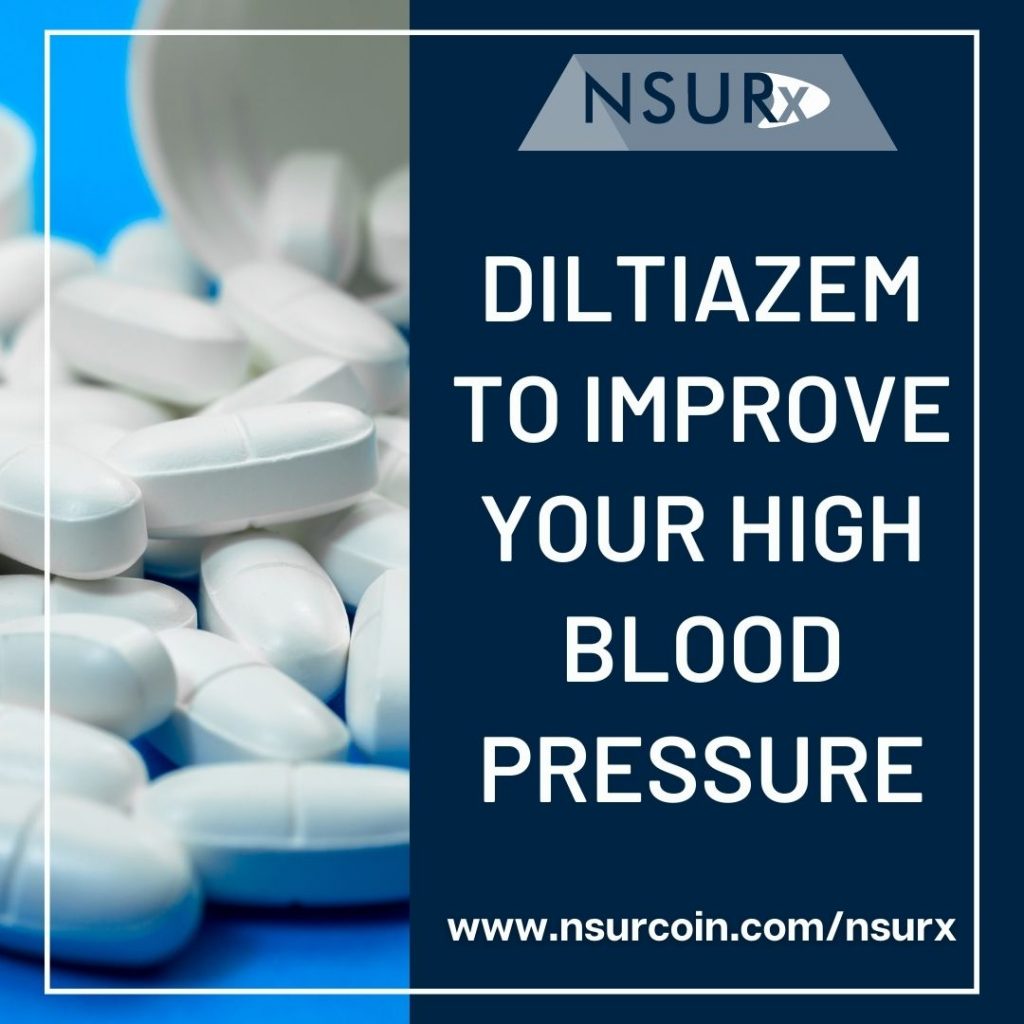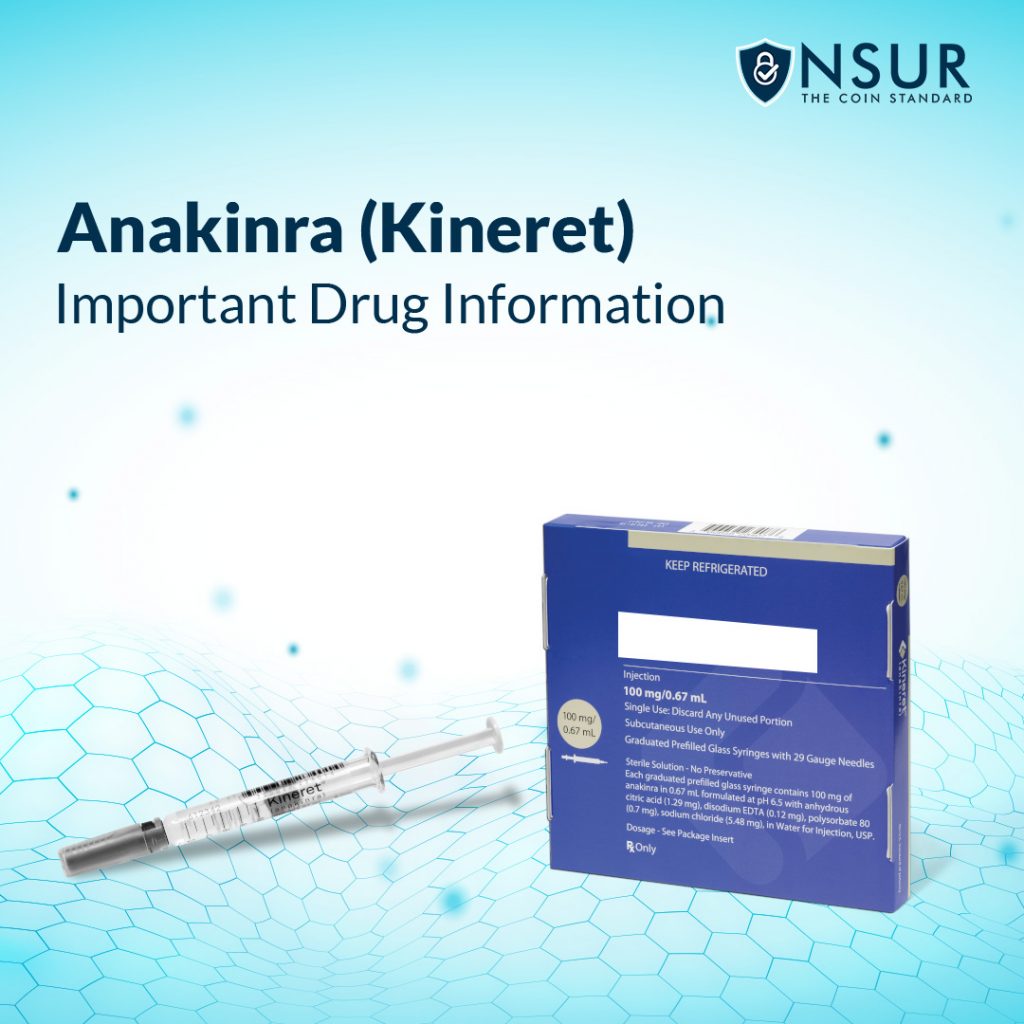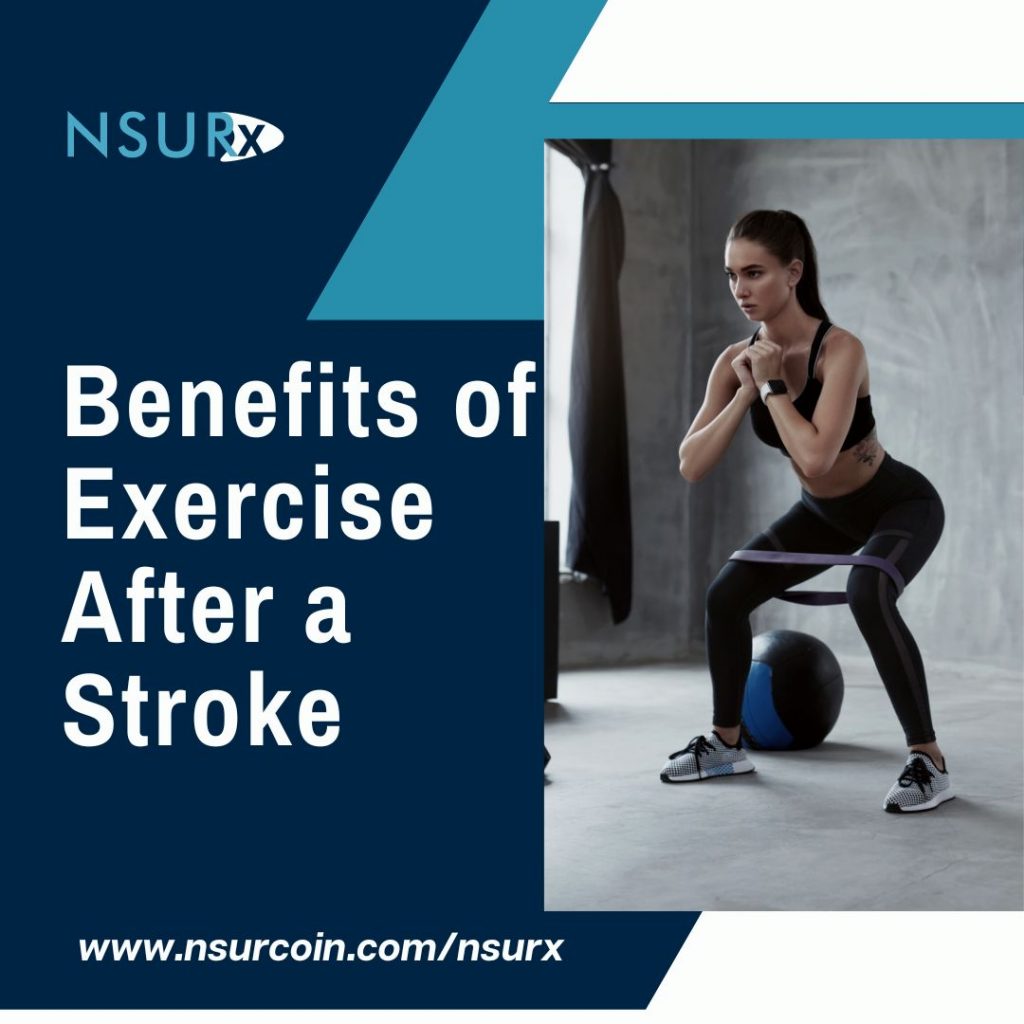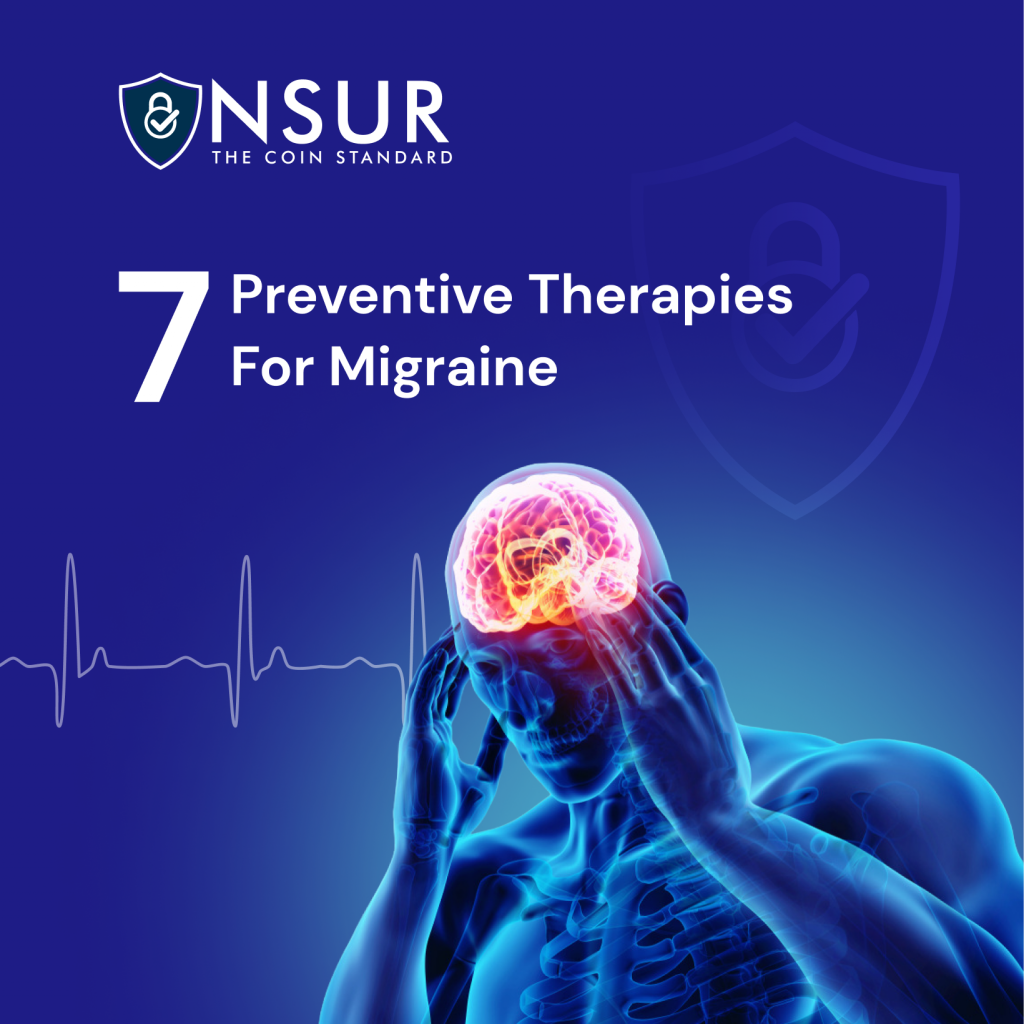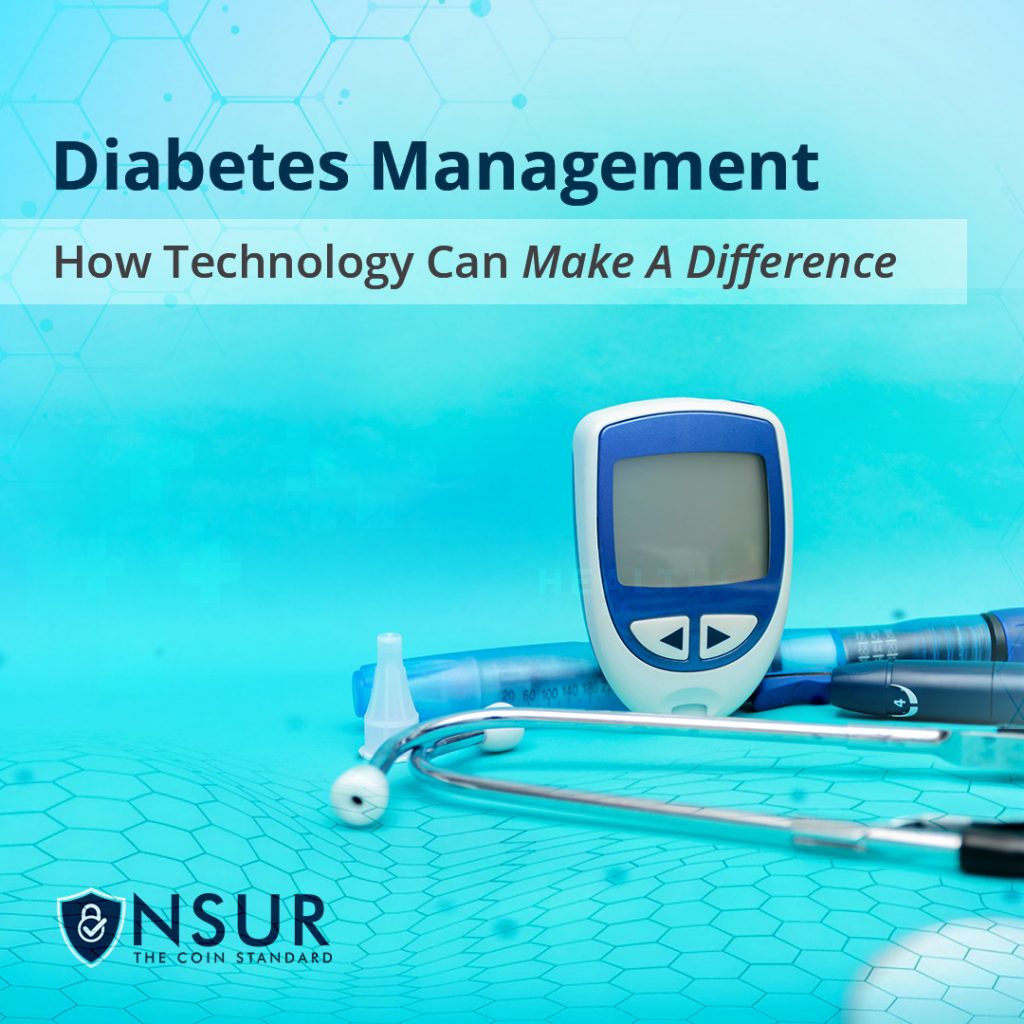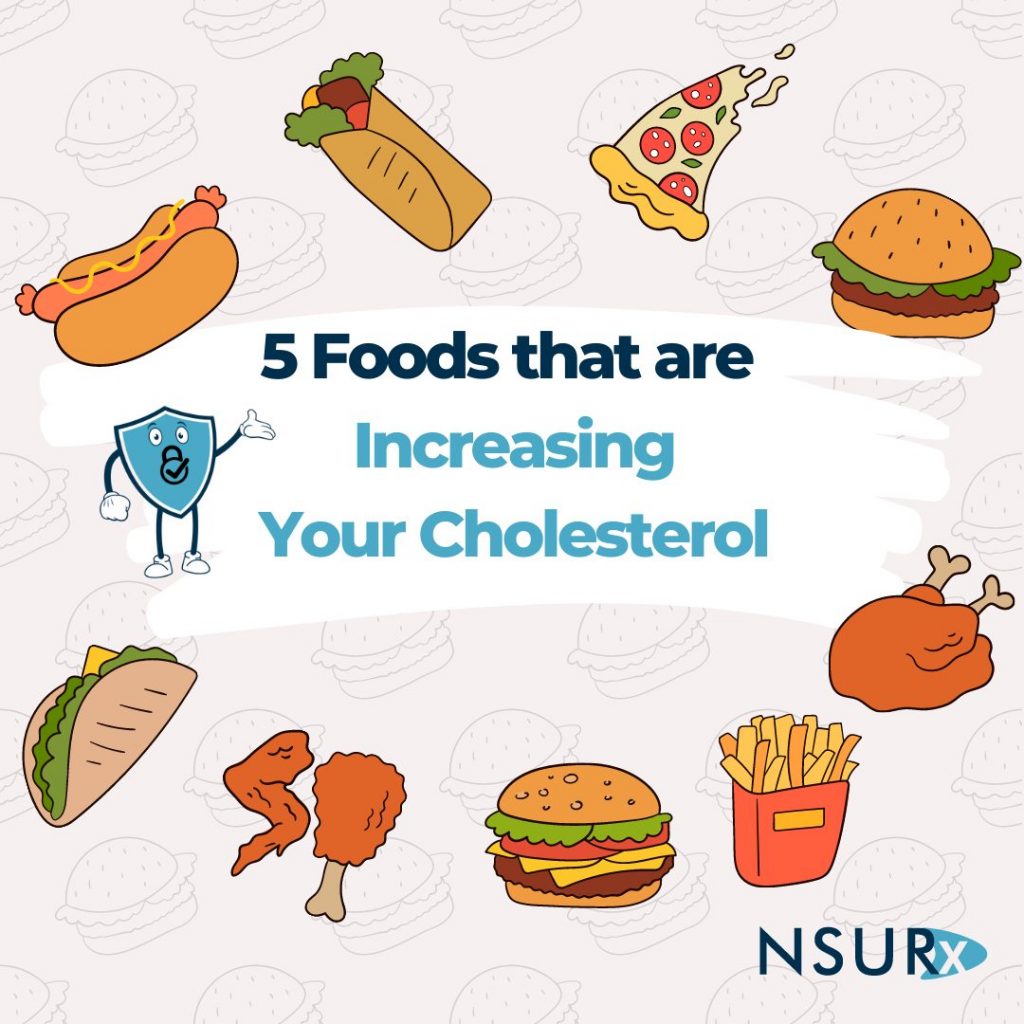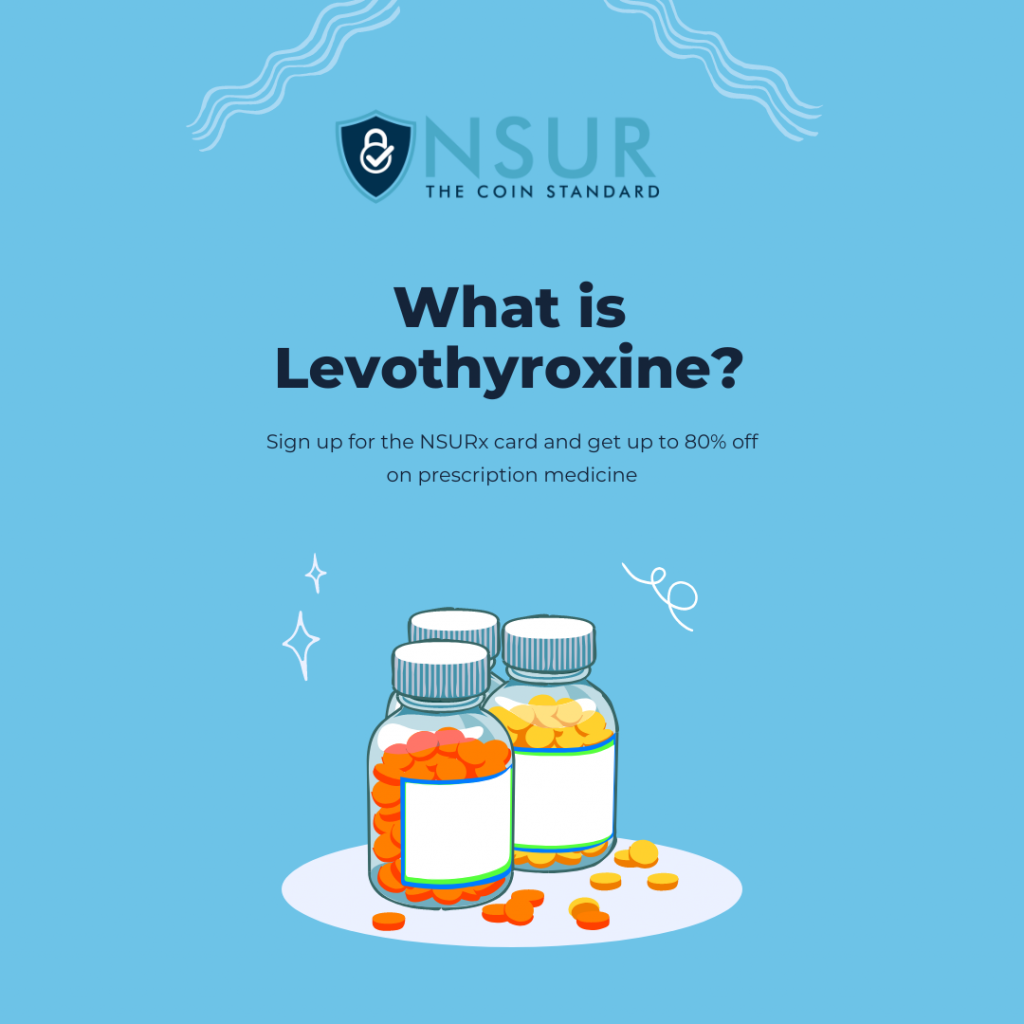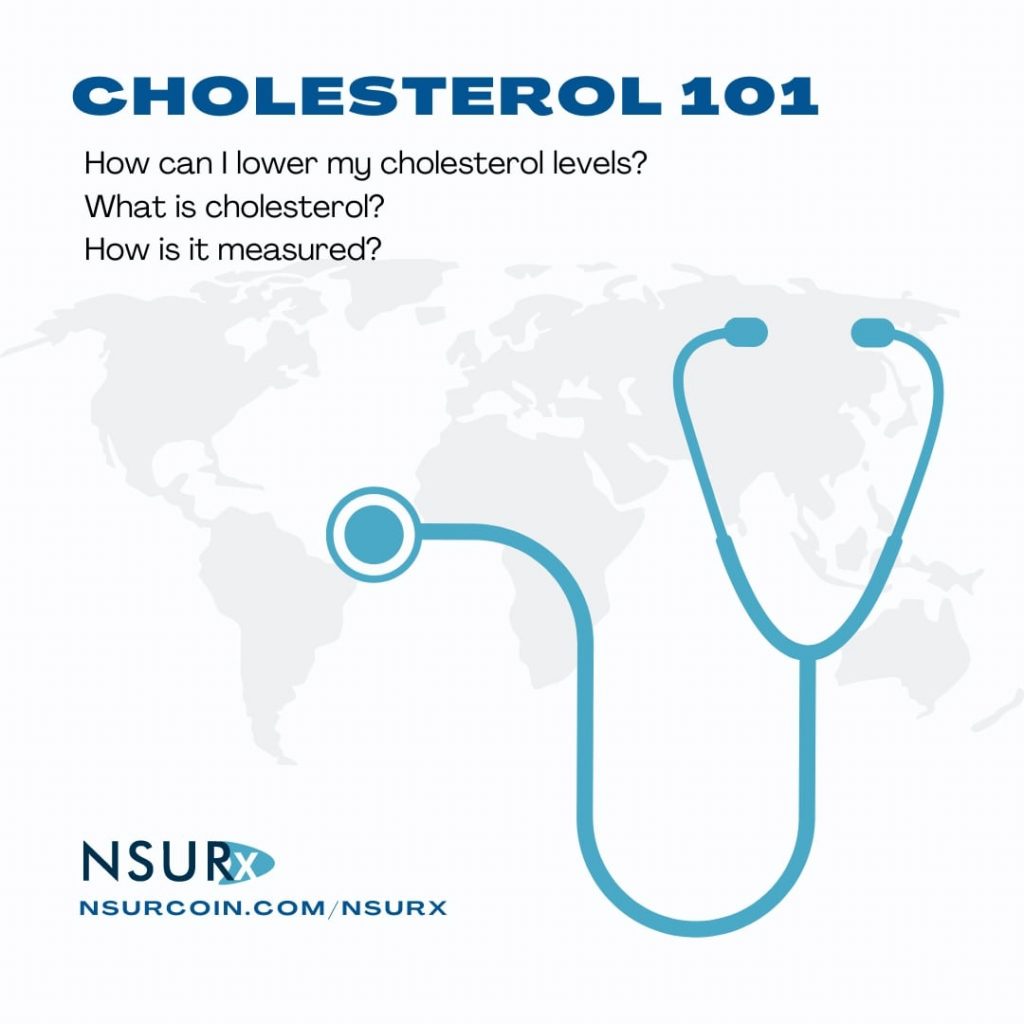
If you’re reading this, you’re probably concerned about your health and the role cholesterol plays in it. So, what is cholesterol, and why is cholesterol essential? What raises cholesterol to cause high cholesterol?
What is cholesterol?
Cholesterol is fat found in the body. It’s not a bad thing in itself, and it is a naturally occurring lipid found in the body. It’s essential for the production of cells, vitamins, and hormones. However, having too much cholesterol can be dangerous.
There are two types of cholesterol: low-density lipoprotein (LDL), which is “bad cholesterol” due to its correlation with harmful health outcomes, and high-density lipoprotein (HDL), which is beneficial.
If you have too much bad cholesterol or not enough good cholesterol, you’re increasing your risk of developing heart and brain disease.
Where does cholesterol come from?
There are two primary sources of cholesterol: naturally occurring cholesterol and dietary cholesterol.
Your liver produces all naturally occurring cholesterol.
Foods from animals are responsible for the rest of the cholesterol in your body. Meat, poultry, dairy products, and oils found in baked goods, for example, all contain dietary cholesterol.
Meat, poultry, and dairy products are high in saturated and trans fats, while the oils contain saturated fats. These fats cause your liver to produce more cholesterol than it usually would and raise your LDL cholesterol levels. Because of this increased production, some people’s cholesterol levels may rise to unhealthy levels.
What causes high cholesterol levels?
The following are some of the factors that raise cholesterol and cause high cholesterol:
- Poor diet – Too much-saturated fat or trans fat can raise cholesterol levels to dangerous levels. Saturated fats can be found in fatty meat cuts and full-fat dairy. Trans fats can be found in a variety of packaged snacks and desserts
- Obesity – If you have a BMI of 30 or higher, you’re at risk of having high cholesterol
- Lack of exercise – Exercise aids in the increase of HDL cholesterol in the body.
- Smoking – Cigarette smoking has been linked to a decrease in HDL cholesterol levels
- Alcohol – Drinking too much alcohol raises your total cholesterol level
- Genetics – Your genes play a role in the amount of cholesterol your body produces. High cholesterol levels can run in families
- Age and Sex – As we age, our cholesterol levels increase. Women have lower total cholesterol levels than men before menopause. Women’s LDL cholesterol levels tend to rise after menopause
- Race – High blood cholesterol may be more common in certain races
Why is cholesterol important, and what are the consequences of having high cholesterol?
The blood carries cholesterol around in the body’s fluids. Having a cholesterol level in your blood raises your risk of heart disease and stroke. Heart disease and stroke are more common in people with high cholesterol. If you don’t know your cholesterol levels, it’s important to have them checked.
Cholesterol to join with other substances to form a thick, hard deposit in the arteries. Atherosclerosis is a condition in which the arteries become narrower and less flexible. A heart attack or stroke may occur if a blood clot forms and blocks one of these narrowed arteries.
How are cholesterol levels measured?
A lipoprotein panel is a blood test that measures total cholesterol, triglycerides, HDL cholesterol, and LDL cholesterol, which are fats and fatty substances that your body uses as a source of energy.
This panel has the following measurements:
- Total cholesterol level – This is a way of calculating how much cholesterol is in your blood. It has both LDL cholesterol and HDL cholesterol
- Triglycerides level – Triglycerides are a type of fat that impacts your liver and pancreas function. Triglycerides are especially dangerous for women because they are more likely to increase their risk of heart disease
- LDL cholesterol – As mentioned earlier, LDL is the “bad” cholesterol. It is referred to as bad cholesterol because it is the primary cause of artery blockage and buildup of cholesterol
- HDL cholesterol – As mentioned earlier, HDL is the “good” cholesterol. This aids in reducing the overall amount of cholesterol buildup in your bloodstream. As a result of having solid HDL cholesterol levels, you are reducing your risk of heart attack and stroke since the HDL is flushing cholesterol out of your body
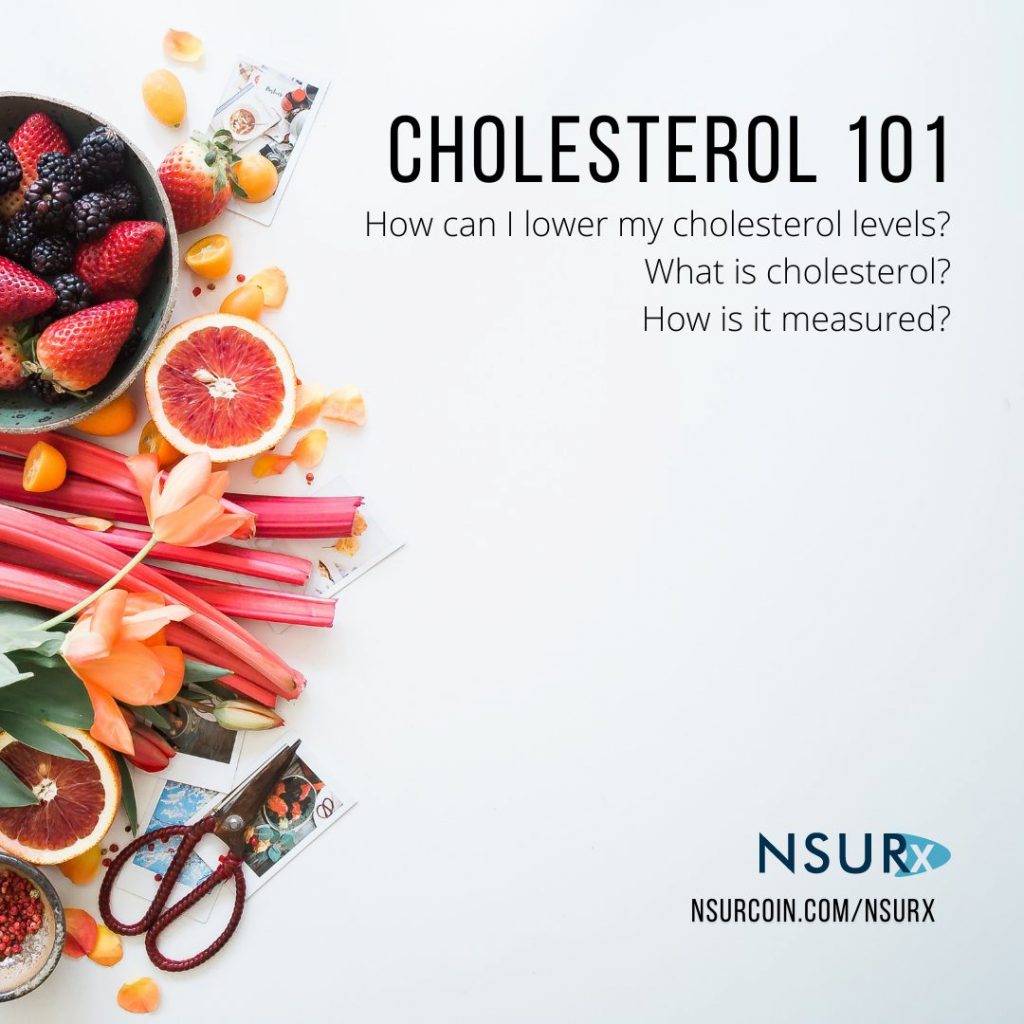
What can I do to lower my cholesterol?
There are two primary methods for lowering cholesterol: lifestyle changes and prescription drug treatment.
Lifestyle changes that reduce LDL cholesterol or increase HDL cholesterol
Nutrition to improve cholesterol levels
An activity you can start immediately to improve your cholesterol levels revolves around changing what you eat.
Primarily, your mantra should be to eat heart-healthy foods – or foods that are low in saturated and trans fats. Examples of such foods include chicken, fish, and lean meats.
Therapeutic Lifestyle Changes and the DASH Eating Plans are good examples of nutritional plans that you can consider implementing to reduce the amount of saturated and trans fat you have in your diet.
However, any significant nutritional change should be discussed with your doctor before implementation.
Another nutritional change you can consider is drinking the ‘right’ amount of the ‘right’ types of alcohol. Moderate alcohol consumption has been linked to higher HDL cholesterol levels. Therefore, if you are drinking too much alcohol, you should reduce the amount you drink.
If you don’t drink alcohol, consult your doctor before introducing it into your diet. The evidence of HDL cholesterol level benefits isn’t strong enough to recommend alcohol to anyone who doesn’t already consume it.
Physical activity and weight loss to improve cholesterol levels
If you haven’t been working out very often, it’s important to start. Physical activity has been shown to simultaneously lower LDL cholesterol and increase HDL cholesterol.
It’s normal for people who want to introduce physical activity with the goal of losing weight are likely to amplify cholesterol benefits.
The American Heart Association suggests at least 30 minutes of physical activity each day, or 60 minutes if you’re also attempting to lose weight.
Pick a type of exercise that you can do for about 10 to 20 minutes at a time, with at least moderate intensity, like walking, biking, swimming, or using an exercise machine at a slow speed.
The ‘right’ physical activity is the one you are most likely to stick with. Look for a sport or activity that makes you happy. You could go for a walk with your dog, play tag with your kids, swim laps at a pool, or cycle through your neighborhood. Having a friend to exercise with can also be good, both for moral support and to make exercise more fun.
Even better, find a lot of things you like to do so that you can change up your routine. This lets you work out more than one set of muscles, as well as in different types of places.
Quit smoking to improve cholesterol levels
Thousands of chemicals are in the smoke from cigarettes. A lot of these can hurt your blood vessels and heart. Some of them can even kill you. A recent study found that even if you smoke one cigarette a day, it increases your risk of heart attacks and strokes.
Getting rid of cigarettes has both short-term and long-term benefits for your cholesterol levels and your risk of having a heart attack. Quitting smoking increases HDL cholesterol. Increased HDL cholesterol helps remove LDL cholesterol from the arteries, lowering LDL cholesterol.
HDL cholesterol levels can rise by up to 30% in just three weeks after you stop smoking, according to a review of studies in September 2013.
Manage stress to improve cholesterol levels
People who deal with stress in bad ways (anger and aggression, distress, anxiety, and depression, for example) tend to have lower levels of HDL cholesterol.
Stress has been shown to raise cholesterol levels, especially the LDL cholesterol, which is bad for your health. How you deal with stress is more important than how much stress you have.
As much anger and hostility you feel because of stress, your LDL cholesterol and triglyceride levels tend to go up, which is bad for your health. If you’re stressed, your body will produce more energy in the form of metabolic fuels, which make your liver produce and secrete more of the bad, LDL cholesterol.
If lifestyle changes aren’t enough…
When it comes to lowering cholesterol levels, healthy lifestyle changes aren’t always enough. As long as you’re also making healthy lifestyle changes, your doctor may prescribe a medication to help lower your cholesterol.
Common cholesterol medications include:
- Atorvastatin (Lipitor®)
- Fluvastatin (Lescol. ®)
- Lovastatin (Mevacor®)
- Pravastatin (Pravachol®)
- Rosuvastatin (Crestor®)
- Simvastatin (Zocor®)
Regardless of if your doctor decides to prescribe medication or note, lifestyle changes are always recommended, as they can help you reduce your medication dose, if not eliminate the need for medicine over time.
Save More on Cholesterol-Lowering Drugs with NSURx
With the NSURx Prescription Benefit Card, you can save money on your cholesterol prescription medications at over 35,000 pharmacies across the United States.
Using an NSURx card can save you up to 80% on the cost of your cholesterol medication. This could result in HUNDREDS of dollars of savings every time you fill your script.
You will also receive NSUR Coin as a reward the more you shop with NSURx. You can then use those coins to shop at our online shopping platform.
